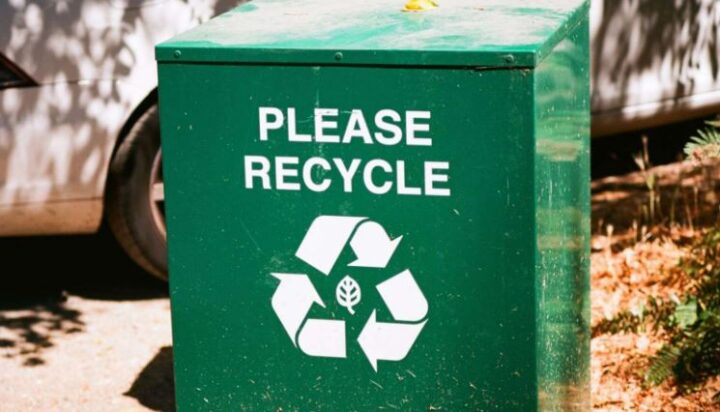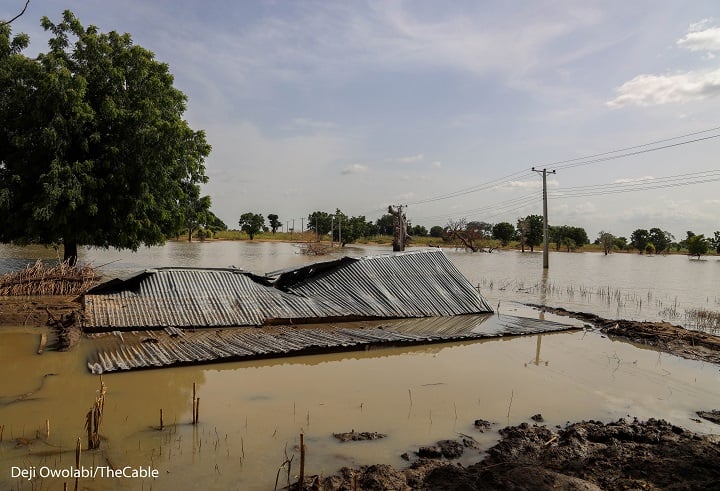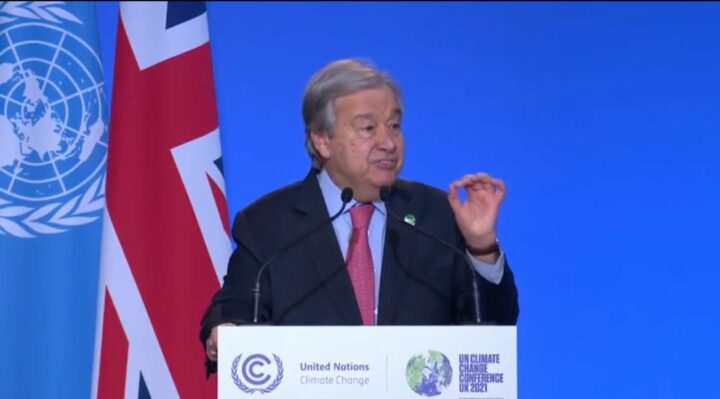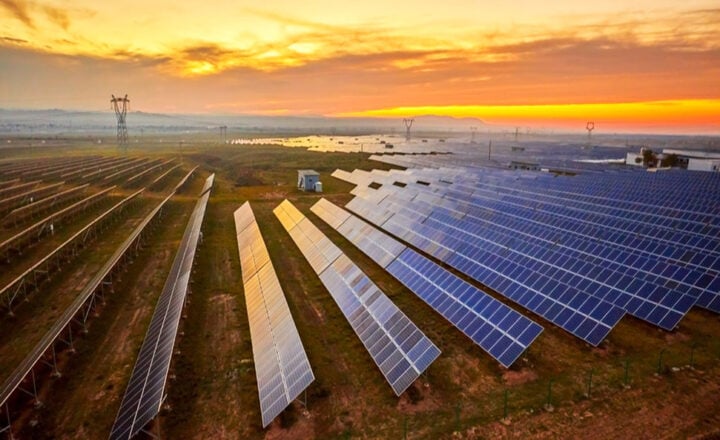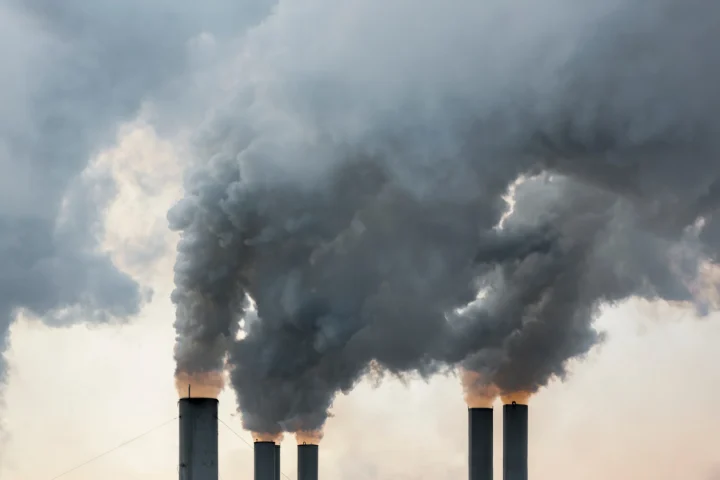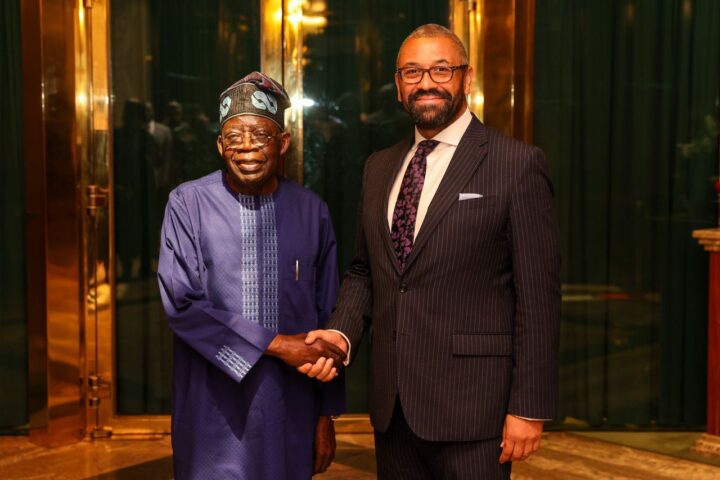A recycle bin
The Lagos state government has launched the first circular economy hotspot in Africa to promote sustainable consumption and prevent scarcity of resources.
The two-day event themed “Towards a circular and resourceful economy: The future Lagos”, was organised in collaboration with Circular Economy Innovation Partnership (CEIP) and African Circular Economy Network.
Babajide Sanwo-Olu, governor of Lagos, said the initiative aims to promote the concept of repairing and recycling used materials for environmental sustainability.
Sanwo-Olu said the circular economy must be encouraged to sustain resilient socio-economic development in the state, adding that a deliberate shift from materialisation to de-materialisation is required.
Advertisement
“The Lagos circular economy hotspot 2023 is of utmost importance, not only for Lagos and Nigeria but for the entire sub-Saharan Africa,” the governor said.
“Developing countries like ours have contributed the least to global warming, but are suffering the worst impacts of climate change. We are also at a disadvantage when it comes to having access to the resources and strategies needed to fight climate change or adapt to its impact.”
Bolaji Akinboro, CEIP co-chairman, said the concept would allow the state to construct a new cycle of material use and save future generations from scarcity.
Advertisement
Akinboro said the development would set new standards in sustainability and lay the foundation for businesses operating in Lagos to key into the new economic trend.
Leone Van der Stijl, deputy consular general of the Kingdom of Netherlands, said climate change is projected to become more severe and would hit a point where the planet’s ecosystem would no longer replenish the resources being used up.
“With 70 percent of Nigeria’s population under the age of 30, the possibility of climate change tainting their future is exponentially higher,” the envoy said.
“This simply means there will be more people living with more scarcity in the future from the scarcity we are creating today. It makes sense to replace the current linear model of grab, use and dump with a circular model of feeding recycled materials back into the system.
Advertisement
“The Netherlands is willing to provide the knowledge and capacity needed to build the circular economic model.”
Add a comment
